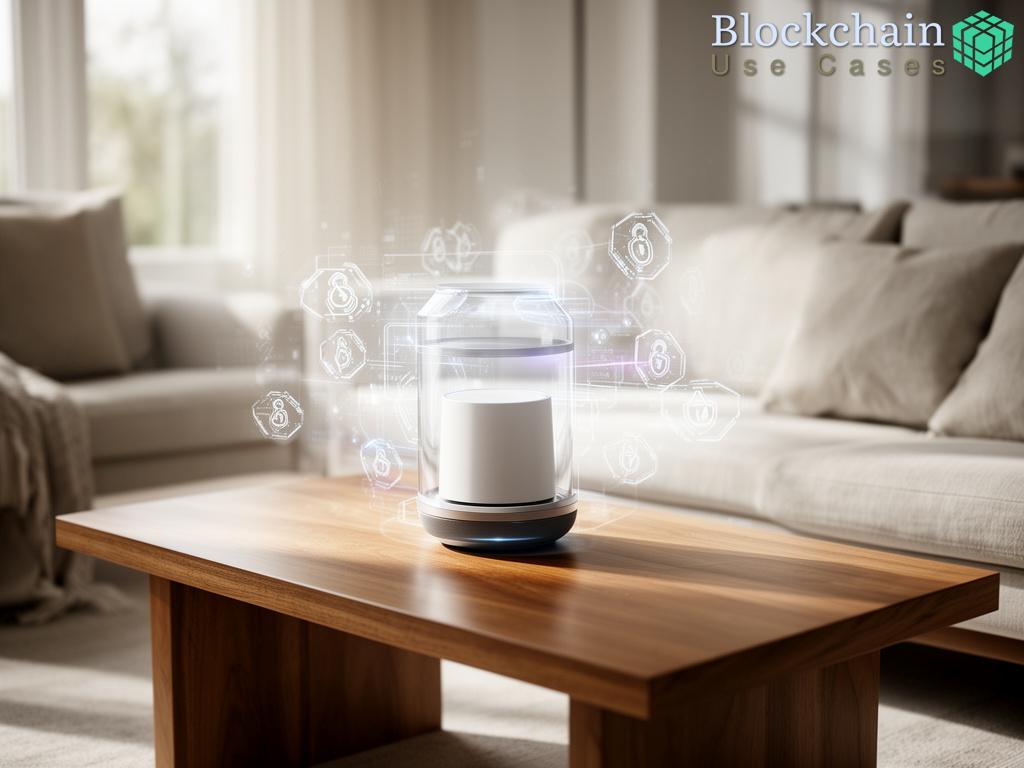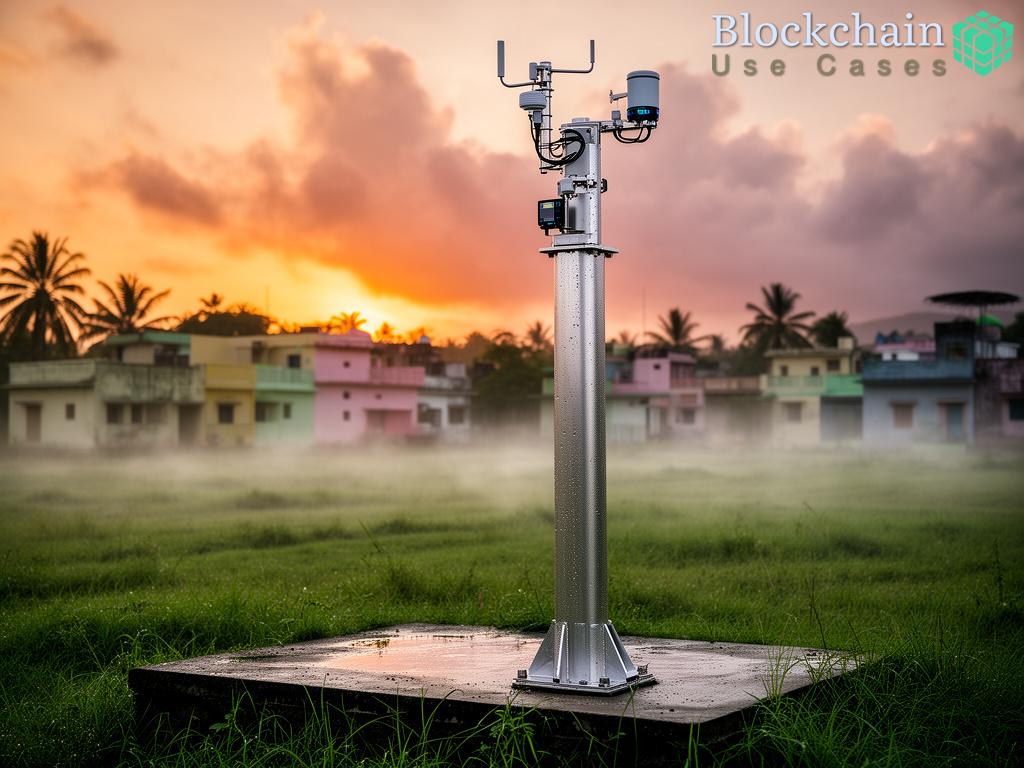The Internet of Things (IoT) is rapidly transforming industries, making data collection and analysis more efficient than ever. However, with the exponential increase in IoT devices, ensuring the quality and integrity of the data they produce has become a pressing concern. Enter smart contracts—automated, self-executing contracts with the terms of the agreement directly written into code. By leveraging blockchain technology, smart contracts can facilitate reliable data quality assessment and validation in real-time, ushering in a new era of trust in IoT applications.
How Smart Contracts Ensure Data Quality

Smart contracts operate on decentralized platforms, providing a transparent and immutable record of transactions. In the context of IoT, this means that data generated by devices can be automatically validated against predefined quality criteria without the need for human intervention.
When IoT devices transmit data, smart contracts can evaluate the integrity and accuracy of that data based on established metrics such as consistency, completeness, and timeliness. If the data meets the criteria, it is accepted; if not, the contract can trigger automated responses such as alerts or data rejection.
Key Advantages of Smart Contract Integration
Incorporating smart contracts into IoT data management offers several distinct advantages:
- Increased Trust: With data being validated through transparent and immutable smart contracts, stakeholders can trust the information being provided.
- Automated Processes: The automation of data validation reduces the need for manual oversight, streamlining operations and cutting costs.
- Real-Time Monitoring: Smart contracts provide continuous monitoring, ensuring that data quality is assessed in real-time, allowing for swift corrective actions.
Challenges and Future Directions
Despite their many benefits, the integration of smart contracts into IoT data quality assessment is not without its challenges. Issues such as scalability, interoperability, and the need for robust security measures must be addressed to fully realize the potential of this technology.
As industries continue to embrace IoT, the collaboration between blockchain and IoT technologies will likely grow, paving the way for innovative solutions that enhance data reliability, increase operational efficiency, and ultimately drive better decision-making across various sectors.





